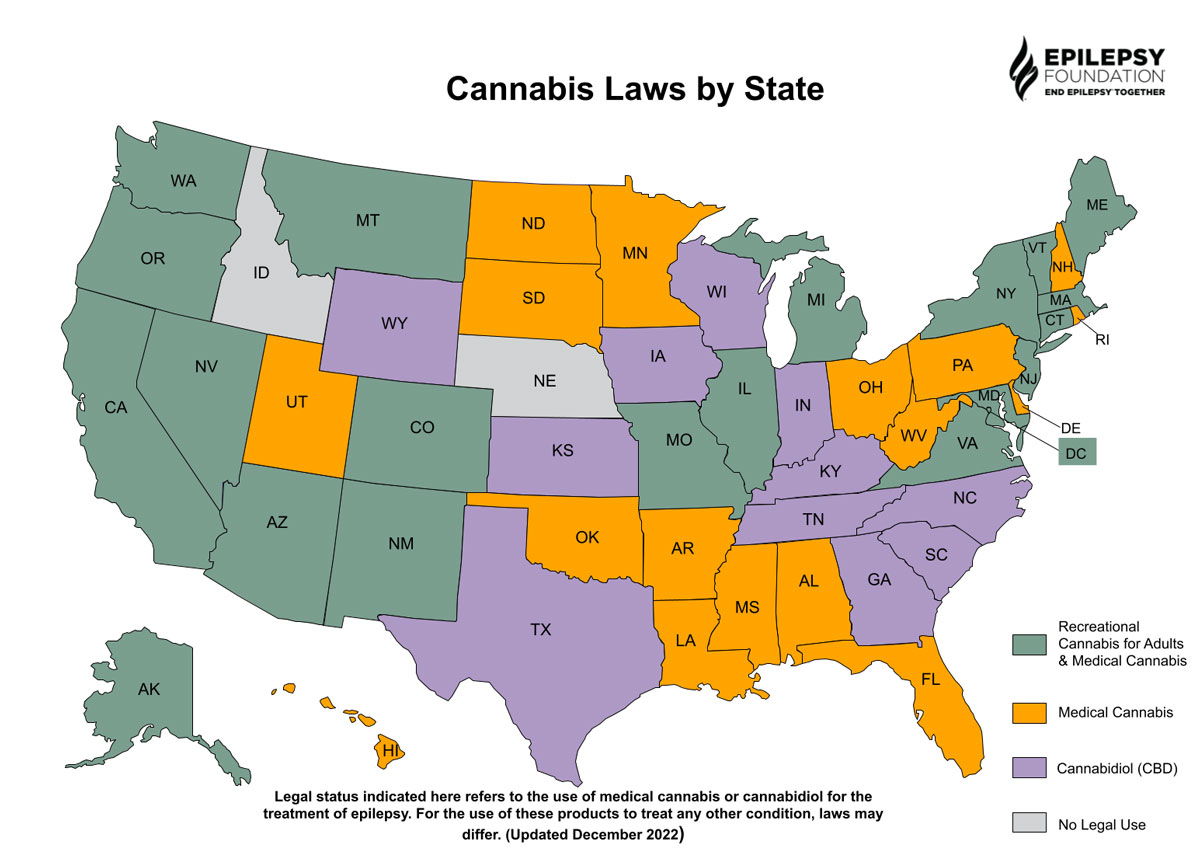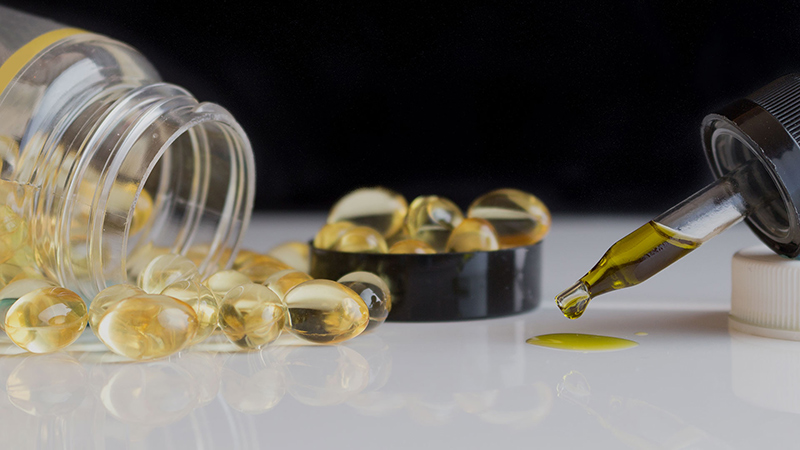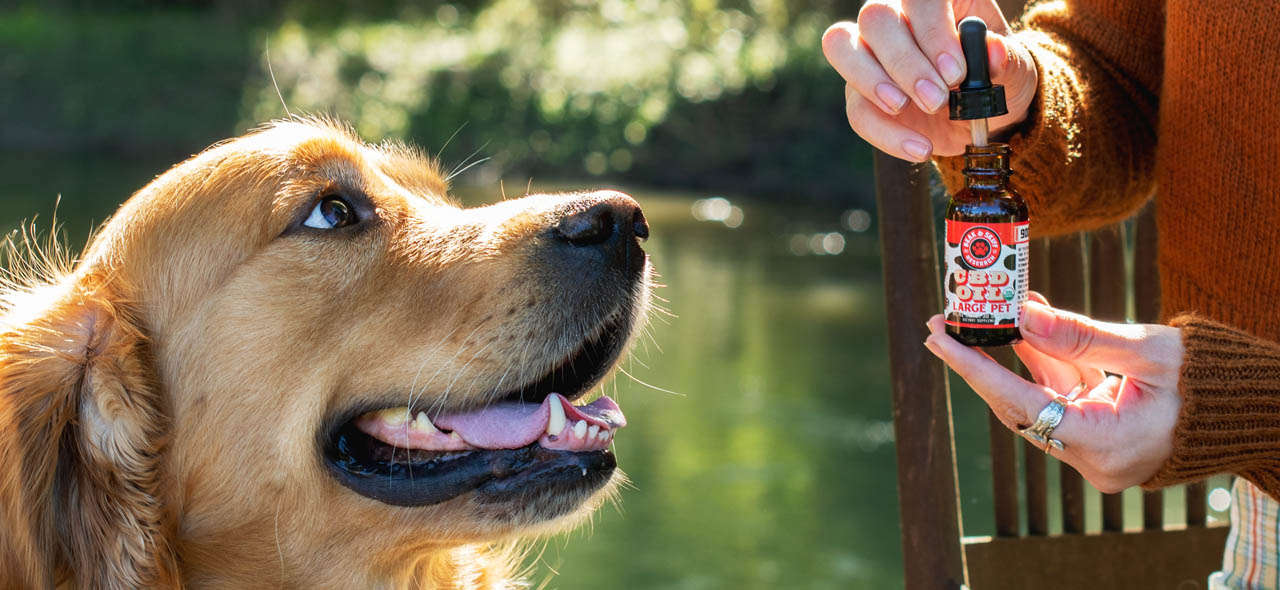
There are many benefits to supporting black owned wellness brands. One, they promote diversity and inclusion in the industry. The health and wellness industry has long been a place where white people and white affluence predominate. Naaya is determined to change this trend by creating an environment for BIPOC within the wellness industry. This is why the company places emphasis on community and experiences. BIPOC members can receive discounted yoga teacher training.
Blade and Bloom
Blade and Bloom, both owned by black entrepreneurs, specialize in all-natural, plant-based beauty products. Their products include candle, body balms, and aromatherapy oils. The brand was inspired by the TV series "Insecure" and aims to make products that encourage joy and build relationships. They also have a game for self-care and mental health.

Transparent Black Girl
Transparent Black Girl a Wellness Collective that promotes Black women’s wellbeing and health through the lense their own personal experiences. Founded by Yasmine Jameelah, the company's mission is to create a safe space for Black women to embrace their duality and find healing. The brand offers an extensive range of services, from free online events to online classes.
Transparent & Black
Black-owned businesses in the health and wellbeing sector are responding to the demands of people of Color. These businesses include podcasts that focus on fitness and aromatherapy candles. Many were created to help communities that had been overlooked in the health field.
Golde Beauty Supplements
Golde Beauty and Supplements, a brand new in the market, focuses on natural and healthy ingredients. Its founders strive to make wellness accessible to everyone. The brand's range of products includes 100% matcha powder, turmeric teas, and even a mask.

Therapy for Black Girls
Therapy for Black Girls is an online community dedicated to the mental wellness of Black women. The website includes a list and resources for Black women and provides social events and support. It hosts guided meditations as well as sessions.
FAQ
How do prices for CBD differ across states?
Prices for CBD products can vary depending on where you live. Prices can vary by as much as ten times depending on where you live.
The general rule of thumb is that prices rise the farther north you travel. CBD in Alaska costs $35 per gram. In Hawaii, however, it costs about $200 per gram.
This trend is continued across the nation. The prices range from $5 to more than $2,500 per gram.
Why is this happening?
Prices vary because of different levels of regulation. Some states require CBD products to contain minimal THC (the psychoactive element of marijuana). Some states don't care how much THC is present.
Some companies may choose to sell their products first in one state before shipping them to another.
What are some of the best CBD brands to buy?
These five top CBD brands are hand-picked by our team based on value, reliability, quality, and price.
They sell high-quality CBD oil products with less than 0.2% THC.
Our list of top CBD vendors worldwide is also recommended.
How can CBD products be promoted in a legal manner by CBD companies?
The FDA does not regulate hemp as an agricultural commodity. However, the agency regulates all other cannabis derivatives (e.g., marijuana) under the Controlled Substances Act. There are currently no regulations regarding CBD.
CBD is legal at the state level in 29 states, but federal law still considers it illegal. This uncertainty creates uncertainty for CBD product sellers.
The FDA also has guidelines for how CBD products should be advertised. The FDA requires that all CBD products clearly disclose their THC content. Companies cannot claim that CBD helps treat certain medical conditions without scientific evidence to support this assertion.
The FDA also requires manufacturers to provide detailed information about their manufacturing processes and quality control measures. They require companies to carry out clinical trials to prove safety or efficacy.
Companies should consider these factors when developing their own marketing strategies.
Which are the best CBD uses?
CBD is best used as an alternative treatment to anxiety. You can also use CBD to treat anxiety, pain, insomnia, epilepsy and inflammation.
There are many ways you can consume CBD. CBD can be taken in many different ways.
CBD can provide many benefits. CBD has been shown to be beneficial for people with chronic pain, anxiety, PTSD, and other conditions.
Statistics
- however, one study also found that these effects were virtually abolished when the original media (a nutrient broth agar) was replaced with one containing 5% blood (increasing the minimum concentration to ~160 μM CBD) [179]. (ncbi.nlm.nih.gov)
- The inhibition of FAAH is predicted to lead to an increase in brain and plasma concentrations of AEA, which acts as a partial agonist at CB1R and CB2R, thereby increasing endocannabinoid tone [92, 110]. (ncbi.nlm.nih.gov)
- CBD seems unlikely to directly influence sleep in healthy humans [115] (and maybe “sleep-promoting” in those with certain comorbid conditions) (ncbi.nlm.nih.gov)
- HR −16 mmHg; 95% CI −26, −6; I2 = 92%) (ncbi.nlm.nih.gov)
- As a substance that was federally illegal before the passage of the 2018 Farm Bill, hemp-derived cannabinoids with no more than 0.3% THC still face a regulatory grey area. (forbes.com)
External Links
How To
What are the common issues in the CBD industry?
The market for CBD products continues to grow at an amazing rate. However, there are still many challenges facing businesses looking to enter this space. These include a lack consumer awareness, high-cost entry, limited access capital and regulatory uncertainty.
Many consumers don't understand what CBD is and how it works. This means that consumers are unable make informed decisions about purchasing CBD products.
CBD companies heavily rely on word-of-mouth advertising. This is expensive because it requires paying for advertising and hiring staff to promote their brand.
Another issue facing new entrants into the CBD industry is the high cost of production. The raw materials needed to create CBD products are quite expensive. To make CBD oil, hemp must be grown in certain climates and soil types.
For CBD oil to be produced, you need to plant enough hemp. This costs about $1,000 an acre. Many small farmers are unable or unwilling to invest in this product.
A lack of capital access is another problem that CBD market newcomers face. Banks are often discouraged from helping people start businesses because of the stigma that surrounds the industry.
The sale of CBD products is still subject to regulatory uncertainty. There are no guidelines for how CBD products should market.
Although states have passed laws restricting CBD products sales, these policies are not yet national.
Only two states, Nevada and Maine, have yet to legalize recreational marijuana.
However, some states like Massachusetts and Michigan are considering similar measures.
These changes could mean that CBD manufacturers will be more competitive.
Many entrepreneurs prefer to work at home over starting a business.